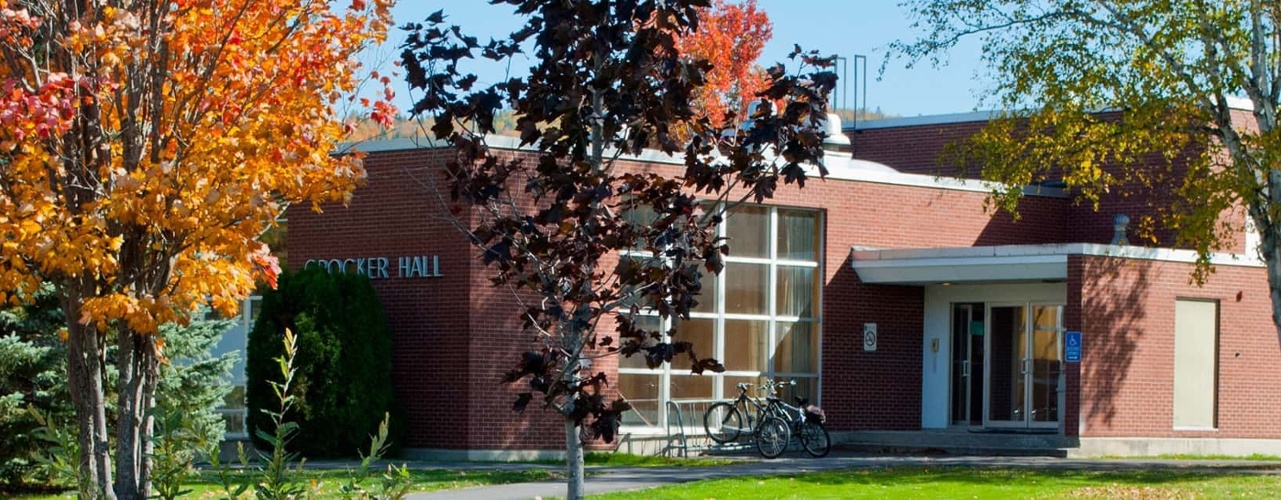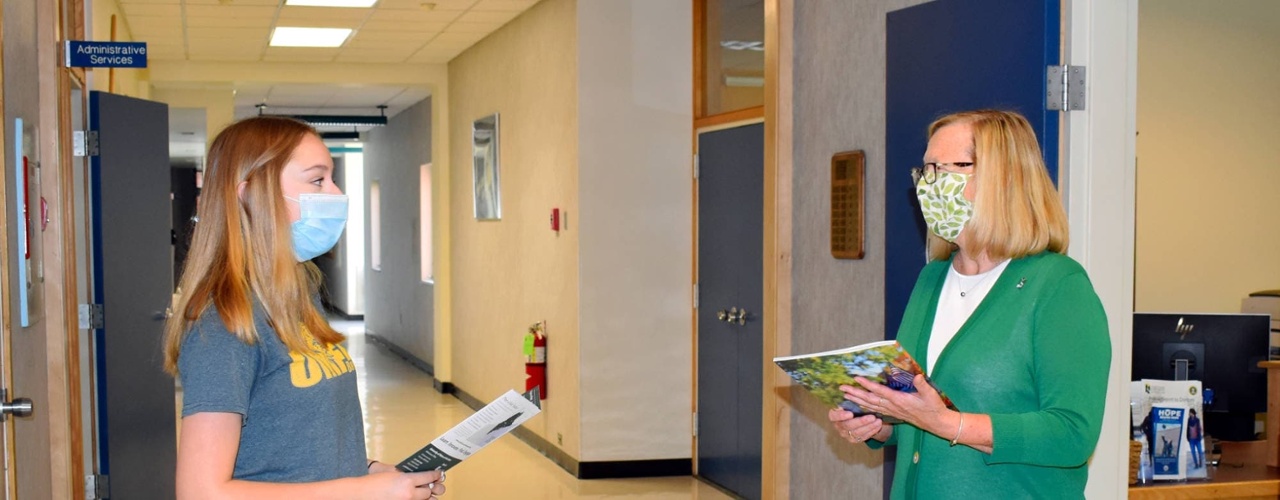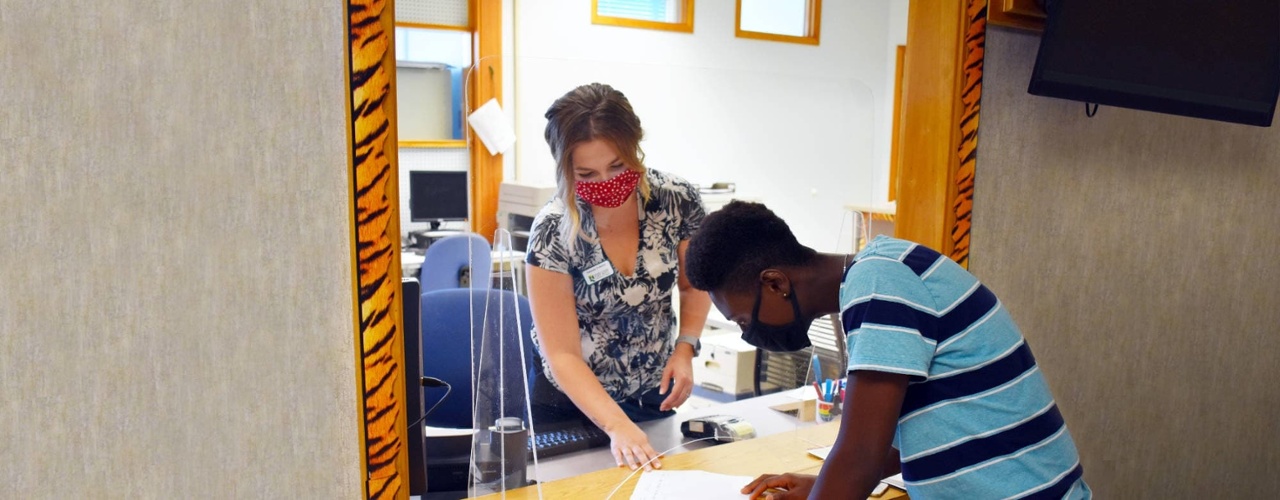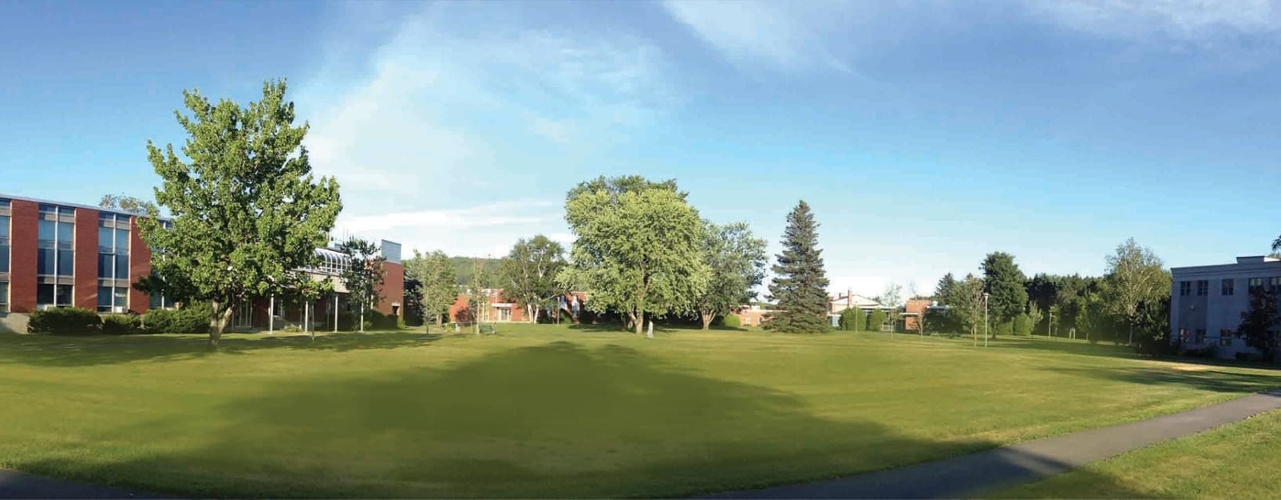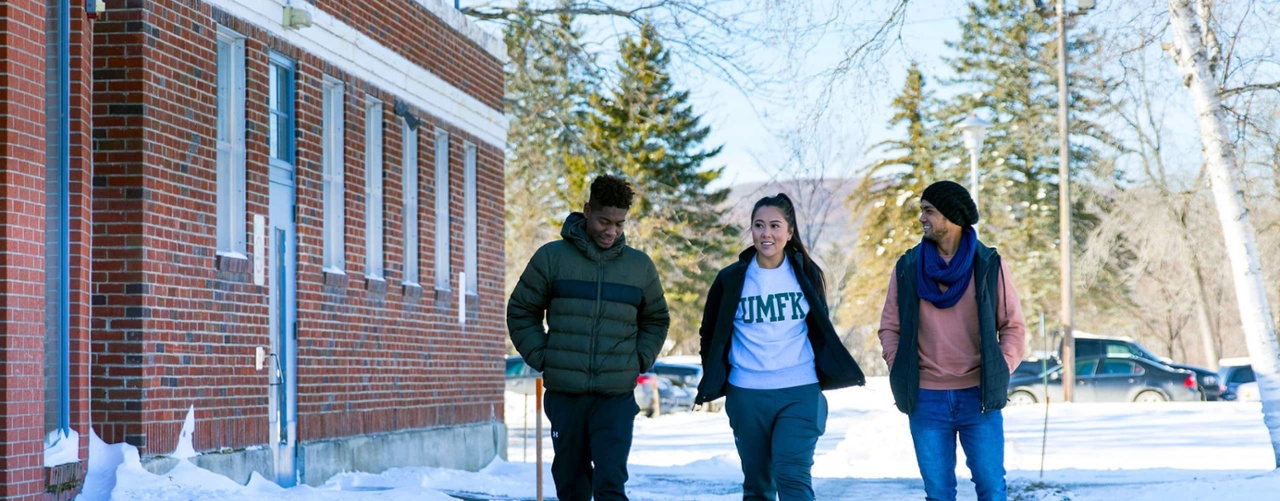
Latest News
UMFK'S HOBBINS SELECTED TO PARTAKE IN TWO-YEAR GEOSPATIAL EDUCATION AND TECHNOLOGY GRANT PROGRAM
March 31, 2014
Note: this is an archived news release. As such, the information provided may no longer apply.
NR14027

University of Maine at Fort Kent Professor of Forestry and Environmental Studies Dave Hobbins has been selected as one of only 18 faculty, nationwide, to participate in an Integrated Geospatial Education and Technology Training (iGETT) grant. The grant is awarded by the National Council for Geographic Education with funding from the National Science Foundation and with the support of NASA.
The purpose of the grant program is to "meet the growing workforce demand for technical-level remote sensing skills by providing professional development and instructional resources." Participants receive training and in return develop further training materials in remote sensing that will be delivered online.
One key purpose is to train remote sensing technicians, a new occupational code created by the U.S. Department of Labor.
As a participant of the 18-member cohort, Hobbins is obligated to take two, online courses this spring, attend iGETT training sessions this June and again in June 2015. He also will develop online training modules that will be used by students interested in learning remote sensing; present findings at conferences; and collaborate within his cohort on a monthly basis via teleconferencing during the next two years.
“I am very excited about this opportunity,” said Professor Hobbins. “I will be very busy, but the idea of training at a NASA facility and expanding my remote sensing skills is exciting, as well. I plan to use this opportunity to develop new lab exercises for three of my courses.”
Hobbins noted that he also has been in touch with faculty at the Region Two (Houlton, Maine) Forestry program to collaborate on developing a GIS course.
“We have a long running articulation with that school, which I hope to expand further,” Hobbins added.
iGETT Remote Sensing is a professional development program for faculty who teach Geographic Information Systems (GIS).
Hands-on instruction focuses on:
- Identifying, downloading, and analyzing federal land remote sensing data
- Integrating remote sensing data with GIS to solve practical problems
- Addressing technician-level workforce needs
Topical applications include agriculture, biodiversity, climate change, disaster management, environmental science, forestry, urban planning, and water management. Instruction is based on skills and competencies that are aligned with industry needs, as identified by the National Science Foundation-funded GeoTech Center in collaboration with the U.S. Department of Labor. Training materials and student exercises developed by the project will be publicly available on the iGETT Remote Sensing web site.
iGETT Remote Sensing was funded in 2012 with a grant from the National Science Foundation (DUE# 1205069) to the National Council for Geographic Education, in collaboration with the NASA Goddard Space Flight Center, the U.S. Geological Survey Landsat Project, and the GeoTech Center. It builds on the success of the first iGETT project, conducted 2007–2012. New participants will be welcome members of an active Community of Practice established during that time.
